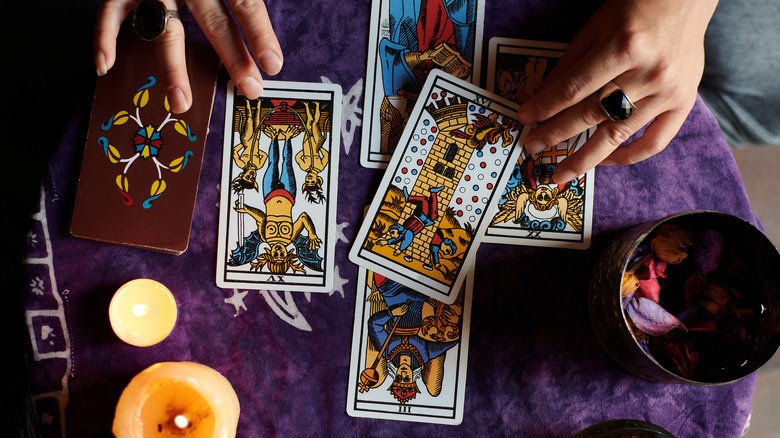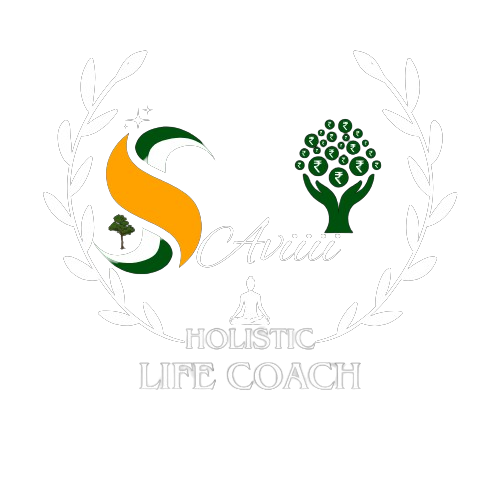TAROT CARD READER AND MASTER

Tarot card reading is a practice that involves using a deck of special cards, called tarot cards, to gain insight into past, present, or future events, as well as to explore spiritual or psychological aspects of a person’s life. Tarot card readers, sometimes referred to as tarotologists or tarot practitioners, are individuals who have studied the meanings and symbolism of the cards and have developed the skill to interpret them.
Here’s a breakdown of the elements involved in tarot card reading and what it means to be a master in this practice:
Tarot Cards: A standard tarot deck typically consists of 78 cards, divided into two main groups: the Major Arcana and the Minor Arcana. The Major Arcana consists of 22 cards, each representing significant life themes or archetypal energies, such as The Fool, The Magician, The High Priestess, and so on. The Minor Arcana consists of 56 cards divided into four suits (Wands, Cups, Swords, and Pentacles), each containing cards numbered from Ace to 10, along with four court cards (Page, Knight, Queen, and King) for each suit.
Tarot Card Reading: During a tarot card reading session, the reader shuffles the deck and lays out a specific arrangement of cards, known as a spread, in front of the querent (the person receiving the reading). The reader then interprets the cards’ meanings based on their positions in the spread, the symbolism of each card, and their intuition. Different spreads serve different purposes, such as providing insight into a specific question, offering general guidance, or revealing potential outcomes of a situation.
Interpretation and Intuition: While there are traditional meanings associated with each tarot card, tarot card reading also involves the reader’s intuition and ability to connect with the querent energetically. A skilled tarot card reader can go beyond the literal interpretations of the cards and provide deeper insights tailored to the querent’s unique circumstances. Developing intuition and understanding the subtle nuances of each card’s symbolism are essential aspects of mastering tarot card reading.
Psychological and Spiritual Guidance: Tarot card reading is often used as a tool for self-reflection, personal growth, and spiritual exploration. A skilled tarot card reader can help querents gain clarity on their thoughts, emotions, and life situations, facilitating healing and transformation. The insights gained from a tarot reading can empower individuals to make informed decisions, overcome challenges, and align with their higher purpose.
Becoming a Master Tarot Card Reader: Mastery in tarot card reading requires dedication, practice, and ongoing study. A master tarot card reader possesses deep knowledge of tarot symbolism, spreads, and interpretation techniques. They have honed their intuitive abilities through years of experience and can skillfully navigate complex or challenging readings with confidence and compassion. A master tarot card reader understands the ethical responsibilities involved in providing readings and approaches each session with integrity, empathy, and respect for the querent’s autonomy.
